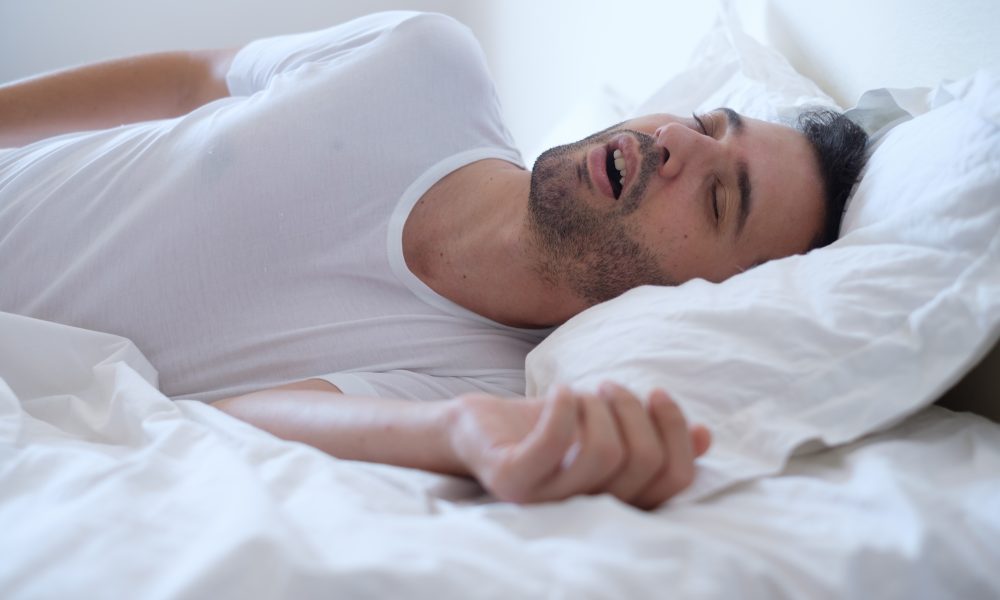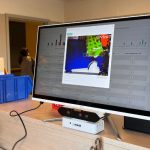London-based medical device company Acurable has announced launch of its AcuPebble device for Obstructive Sleep Apnoea (OSA) diagnosis in the US.
The device, which is already used by the NHS to improve the current time-consuming home sleep apnoea diagnosis method, enabling earlier detection, faster treatment and better management of this chronic condition.
The AcuPebble device has received a new clearance from the FDA and Acurable plans to launch the device in the US this summer.
Professor Esther Rodriguez-Villegas, inventor of the AcuPebble technology, Founder and Co-CEO of Acurable, comments:
“Launching our device in the US is a major milestone for Acurable as we set our sights on AcuPebble becoming the gold standard and market leader for at-home sleep testing.
“The AcuPebble device [aims to make] it far simpler for patients to get tested and for doctors to access the results, saving billions of dollars in the process.”
OSA affects around 1.5 million adults in the UK and 25 million adults in the US.
The condition causes people to repeatedly stop breathing while asleep. If left untreated, OSA is associated with serious health conditions, including heart attacks, diabetes and dementia.
Despite its prevalence, an estimated 85 per cent of adults worldwide are undiagnosed and the current testing process is complex and expensive.
Currently, patients are required to visit a hospital to be trained to use the testing equipment, which involves using a set of uncomfortable wired sensors at home.
Around 10-20 per cent of these sleep tests have to be repeated because sensors get detached or are not placed correctly by the patient.
When the results are available, a specialist needs to spend up to two hours manually interpreting the signals.
The AcuPebble device offers a much cheaper, faster, safer, environmentally-friendly and patient friendly solution.
It is the world’s first medical device that is able to extract respiratory biomarkers continuously and accurately, enabling automated diagnosis of OSA.
The patient attaches the sensor onto the front of their neck before going to sleep.
The sensor then transfers the signals to a mobile device, which uploads the data to a secure platform.
A doctor then receives a report with a diagnosis.
No patient training or healthcare professional involvement is needed to explain how to use the device and very few tests have to be repeated (~1 per cent).
This means that sleep testing can be significantly scaled up while saving time for both clinicians and patients’ time.
It also decreases infection risks by reducing patients’ need to visit a hospital.
California-based Magnap has used the AcuPebble device in a sleep apnoea clinical trial at the University of California San Francisco.
Dr Michael Harrison, Founder of Magnap, and professor of surgery and pediatrics at the Children’s Hospital at UCSF for more than 20 years, comments:
“The AcuPebble has been game-changing for our patients, as it is a much simpler and comfortable experience.
“It enables clinicians to conduct multiple night studies at a time, improving patient outcomes by giving them a much speedier diagnosis.
“This will make an enormous difference to the lives of millions of Americans who have undiagnosed sleep apnoea.”




